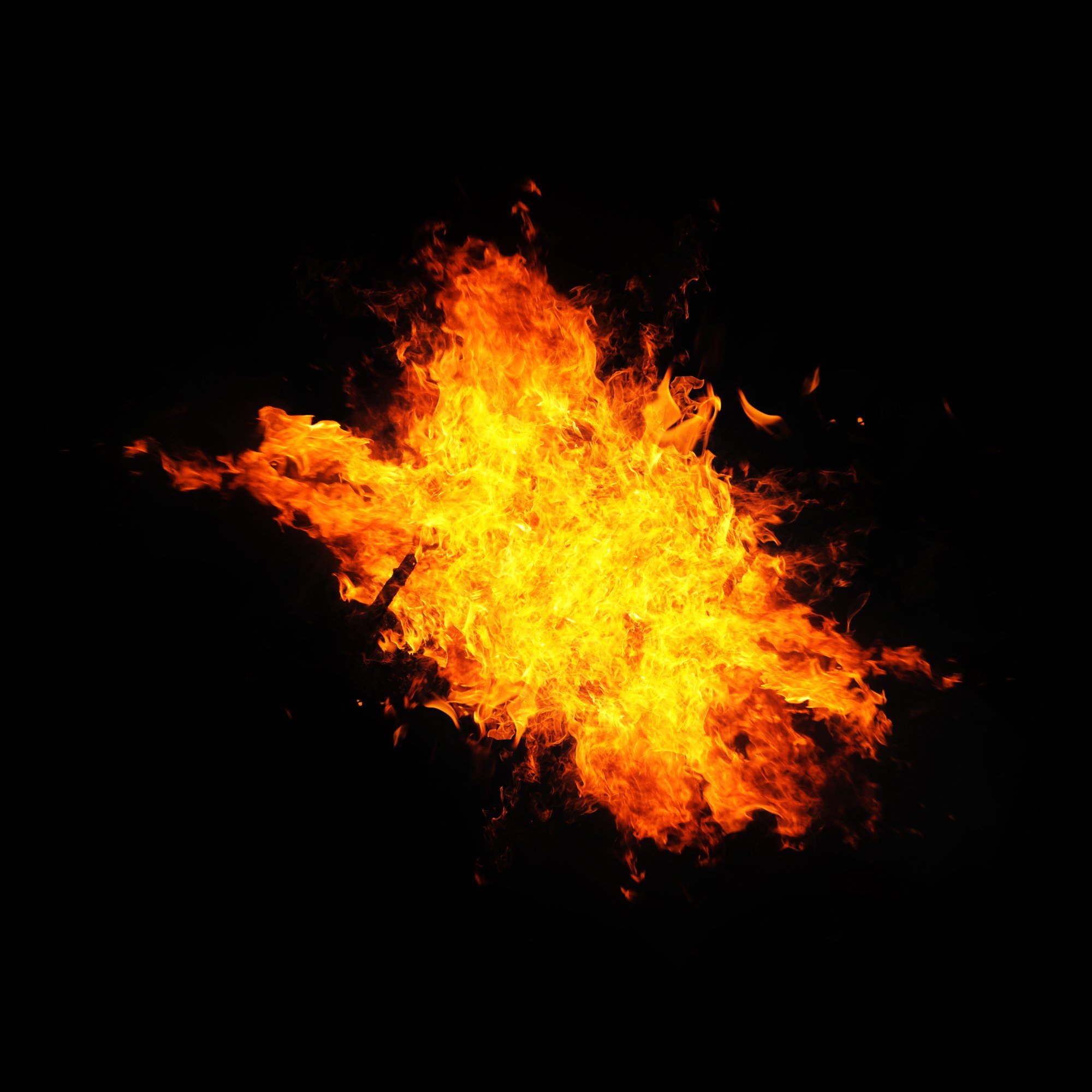
Nato's International Security Assistance Force will end its combat mission later this year, leaving the Afghan police and army to take on full responsibility for battling the resilient Taliban insurgency.
"Three ISAF service members and one ISAF canine died following an improvised explosive device attack in southern Afghanistan today," the Nato force said in a statement.
US defence officials confirmed they were Americans.
Military dogs are often used to sniff for explosives, though they have proved unpopular with Afghan civilians as they are seen as unclean by many Muslims.
The attack occurred in the volatile Nad Ali district of Helmand province, according to Afghan officials.
"The bomb was carried on a motorbike and detonated close to an ISAF patrol," the provincial governor's spokesperson Omar Zawak told AFP.
The Taliban claimed responsibility via a text message sent to media organizations.
The last major incident involving Nato troops was 10 days ago, when five US soldiers were killed in an accidental "friendly fire" air strike in Zabul province during clashes with insurgents.
All 50,000 remaining Nato combat troops are due to leave the country by the end of this year, though a small US deployment will remain until the end of 2016 if a long-delayed deal is signed between Washington and Kabul.
COMMENTS (10)
Comments are moderated and generally will be posted if they are on-topic and not abusive.
For more information, please see our Comments FAQ



1732263441-0/BeFunky-collage-(81)1732263441-0-165x106.webp)
1732263755-0/musk-(3)1732263755-0-165x106.webp)
1732261957-1/Copy-of-Untitled-(66)1732261957-1-270x192.webp)


1732258132-0/BeFunk_§_]__-(26)1732258132-0.jpg)








@Moiz Omar: The only effective way to stop IED's is stop them in USA and Israel
@Last Word: Poor dogs not dog
Some of us are reading this as four American dogs killed in Afghanistan. I wonder why.
My condolence to the dog!! May his sole rest in peace.
Poor dog. Another casualty of the war on terror.
RIP, the poor dog.
"Innalilahi wa inna ilayhi rajioon". This goes for the poor canine friend who laid down his life in the line of duty.
Strange that I hardly see this news in the U.S. newspapers !!!
May they rest in peace.
A efficient system to detect IEDs should be developed. These affect also Pakistan.